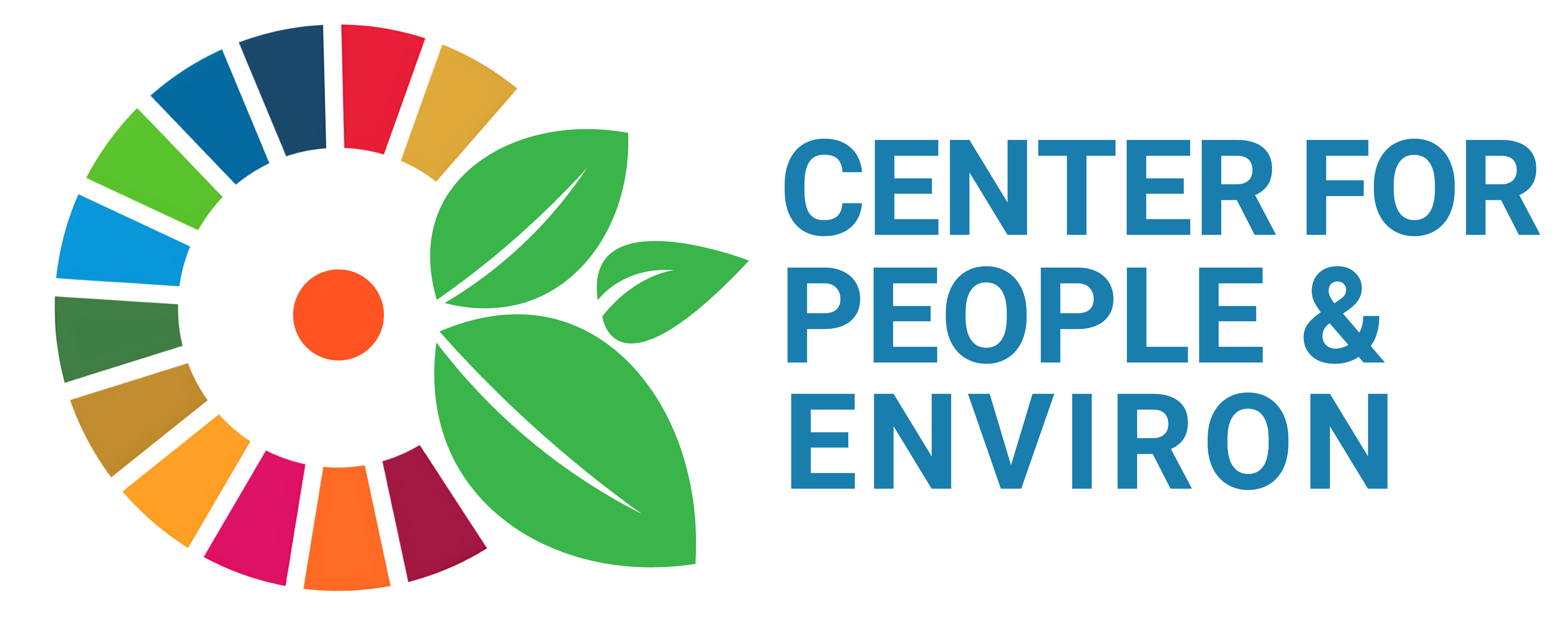Study on Analysis and modeling of the climate adaptive technologies forcrop production and their diseases and pest management
Objectives of the study
This study aims to investigate the dynamics of climate change adaptation, innovation, and
technology adaptation in the agriculture sector of Bangladesh.
Scope of study
To analyze, modelling, and identify best adaptive practices, and technologies for the different vulnerable regions of Bangladesh, the study will capture experimental knowledge from salinity-affected, flood-prone, and drought-prone areas of Bangladesh. To cover all types of agricultural land forms the study will cover the coast, Barind, haor, beel basin, charland, and flood plains.
Methodology of the study
- Secondary review
- Review of documents, strategy, policies, statistics, etc:
- Collection, review, and analysis of long-term climate and weather data of key climate parameters to show the trends of change and disaster and its impact on crops, pests and diseases, pathogens, rodents, agricultural practices, and cropping patterns;
- Participatory research to get actual data, perspectives, and experiential knowledge of the vulnerable farmers and communities through the In-depth Interview (IDI)
- Participatory capacity analysis of individual, household, community, and institutional levels through Farmer Consultation and Key Informant Interview (KII)
- Analyzing the efficiency of known agriculture adaptation and extension model
- Local scenario generation through micro-climate downscaling and climate projection
- Multi-hazard risk assessment
- Agriculture Vulnerability Assessment using Crop Simulation Model (CRAFT)
- Adaptation model identification and economic analysis of each model
Funded By







